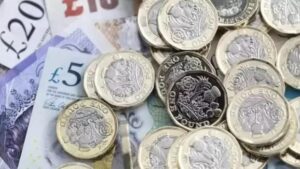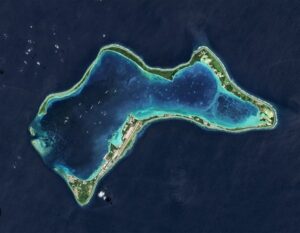
Source: BBC NEWS BANGLA
After the twelfth parliamentary elections in Bangladesh, the new government will face significant challenges in addressing the current economic crisis, according to analysts. Failure to implement effective measures quickly could lead to a precarious situation, marked by concerns over reserves, remittances, export earnings, and the interest rates on revenue and bank loans.
Economists Dr. Debapriya Bhattacharya and Ahsan H. Mansur both suggest that stabilizing the economy in a situation of persistent uncertainty will be a major challenge for the new government. However, achieving economic stability is not straightforward, especially given the vulnerability of a government weakened by “ethical standards during the election.”
Dr. Debapriya Bhattacharya emphasizes the importance of immediate attention to issues such as commodity prices, exchange rates, and bank interest rates. He also stresses the need to prevent any crisis in banks or accounts. Additionally, managing foreign debt repayment without complications is crucial.
Ahsan H. Mansur highlights the urgency of bringing good governance to the economic sector and reducing the budget size by at least one lakh crore taka in the current fiscal year. Despite the approval of a budget of Tk 7,61,785 crore for the current fiscal year, economic challenges have intensified due to various reasons, leading to a decline in foreign currency reserves by $16 billion.
With the fear of rising inflation, the cost of living has significantly increased, while political uncertainties and election-related concerns have contributed to a decline in foreign investment. The government is struggling to control the trade deficit, and foreign exchange reserves have dropped to $16 billion. This, coupled with a lack of stability in the dollar market, poses additional challenges.
Considering the current economic predicament, Ahsan H. Mansur argues that the new government needs to implement short and medium-term strategies promptly. However, he emphasizes the necessity of a politically savvy economic team led by the Finance Minister to achieve this.
It is noteworthy that the Awami League, currently in power, is likely to lead the new government since most opposition parties, including the BNP, did not participate in the elections. As a result, the existing power dynamics are expected to continue.
The economic challenges outlined by analysts include stabilizing the exchange rate and managing inflation, ensuring fiscal discipline and making the budget more attractive, and addressing issues related to foreign reserves and remittances. Ahsan H. Mansur believes that the government must act swiftly to implement practical measures to overcome the difficult situation.
In addition to economic challenges, the new government will also need to address irregularities and mismanagement in the banking sector to prevent a crisis. Dr. Ahsan H. Mansur asserts that coordinating efforts, maintaining preparedness, and actively fulfilling promises made to donors will be crucial in the days ahead.
Overall, the economic landscape in Bangladesh post-election demands immediate attention and effective strategies to navigate the challenges ahead. The success of the new government will largely depend on its ability to implement sound economic policies and manage internal and external pressures.
News Credit: BBC NEWS [Bangla]




















+ There are no comments
Add yours